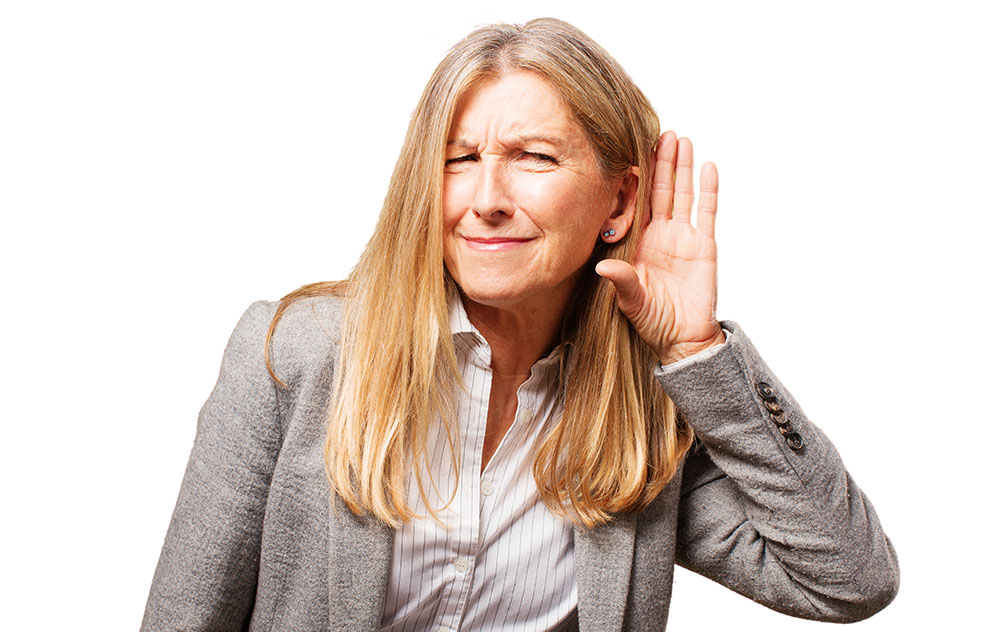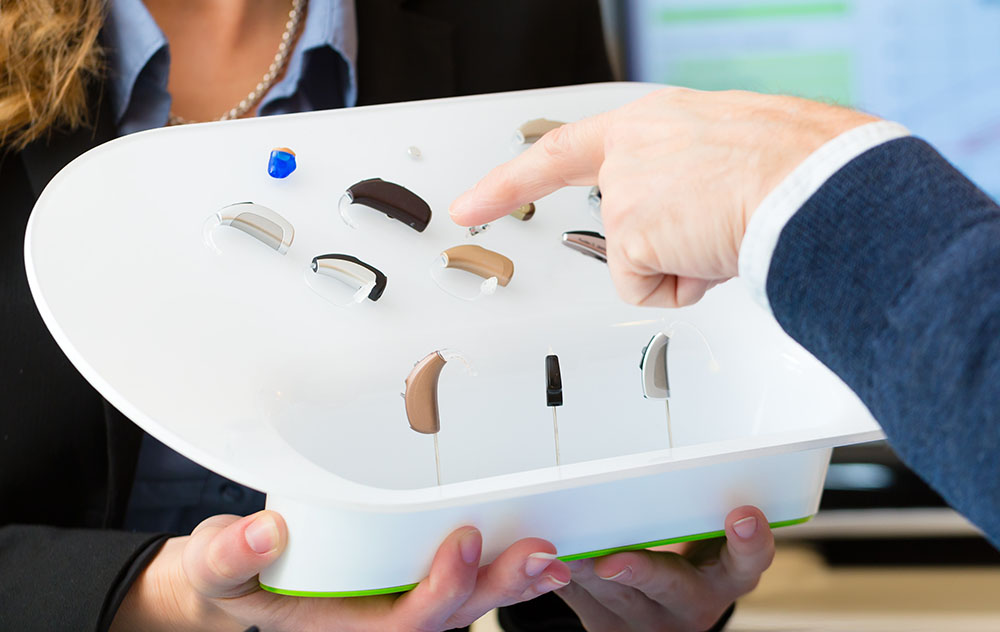What Should You Know Before Buying Hearing Aids?
Millions of adults have age-related hearing loss, and although there is
COVID-19 UPDATE: Now open by appointment for in office, remote, or curbside assistance. Learn More


Millions of adults have age-related hearing loss, and although there is

When living with hearing impairment and looking for a technical experience

It’s a common question, both for people new to the experience of